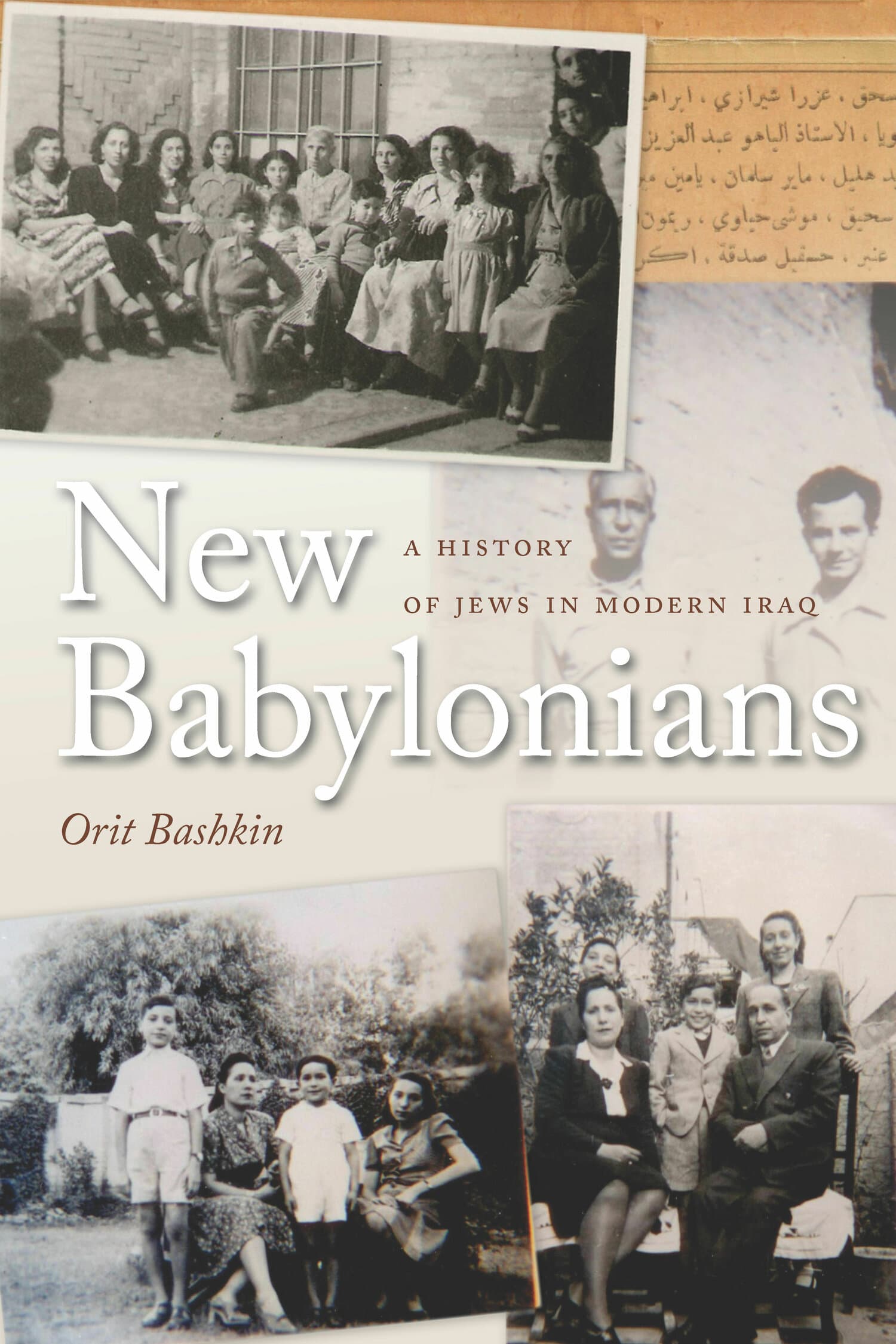The Other Iraq
Also Available from

The Other Iraq challenges the notion that Iraq has always been a totalitarian, artificial state, torn by sectarian violence. Chronicling the rise of the Iraqi public sphere from 1921 to 1958, this enlightening work reveals that the Iraqi intellectual field was always more democratic and pluralistic than historians have tended to believe.
Orit Bashkin demonstrates how Sunni, Shi'i, and Kurdish intellectuals effectively created hyphenated Iraqi identities, connoting pride in their individual heritages while simultaneously appropriating and integrating ideas and narratives of Arab and Iraqi nationalism. Illustrating three developmental stages of Iraqi intellectual history, she follows Iraqi intellectuals' changing roles, from agents of democracy, to specialists who analyze the population, to deeply entrenched members of society committed to change. Based on previously unexplored material, this eye-opening work has significant contemporary implications.
"...Bashkin's work is a fascinating and rich account and will become essential reading for all interested in Iraqi history .... Overall, this is a lucid, intelligent, and well-written book that will help shape the historiography of modern Iraq."—Magnus T. Bernhardsson, Williams College, TAARII Newsletter
"An important and enlightening book."—Esther Meir-Galicnstein, Israeli Sociology
"A book written to explain an earlier era sometimes takes on a new and startling relevance in a later one.... Bashkin's book not only anticipates many of the troubles encountered in Iraq today, but it also supplies a vocabulary with which to talk about them and about the breach between political theory and political practice."—Middle East Journal
"The Other Iraq opens up an entirely new perspective on the history of Iraq. No other study covers the variety and pluralism of intellectual history in a Middle Eastern society with such breadth and depth. It is a unique, unprecedented account of Iraqi writers' open-mindedness during a period when ideologies were still not fully formulated. It will usher in a change of paradigm."—Peter Wien, University of Maryland, College Park
"This unquestionably original study considers the output of a remarkably wide range of Iraqi intellectuals, assessing their views as part of an interactive intellectual community. With sharp, clear analysis, it makes several significant contributions to the study of Iraqi and Middle Eastern intellectual history."—James Jankowski, University of Colorado, Boulder




